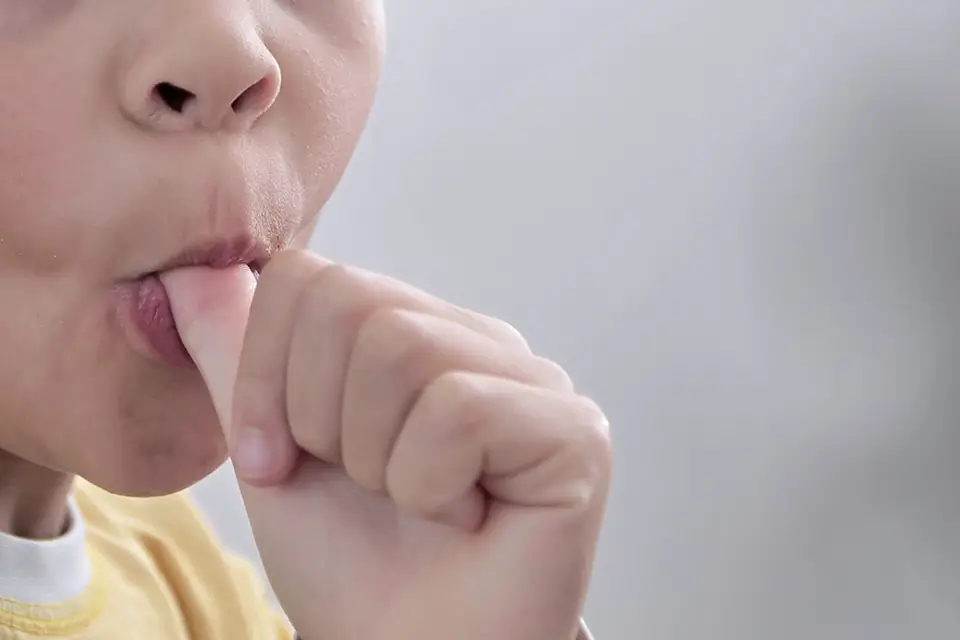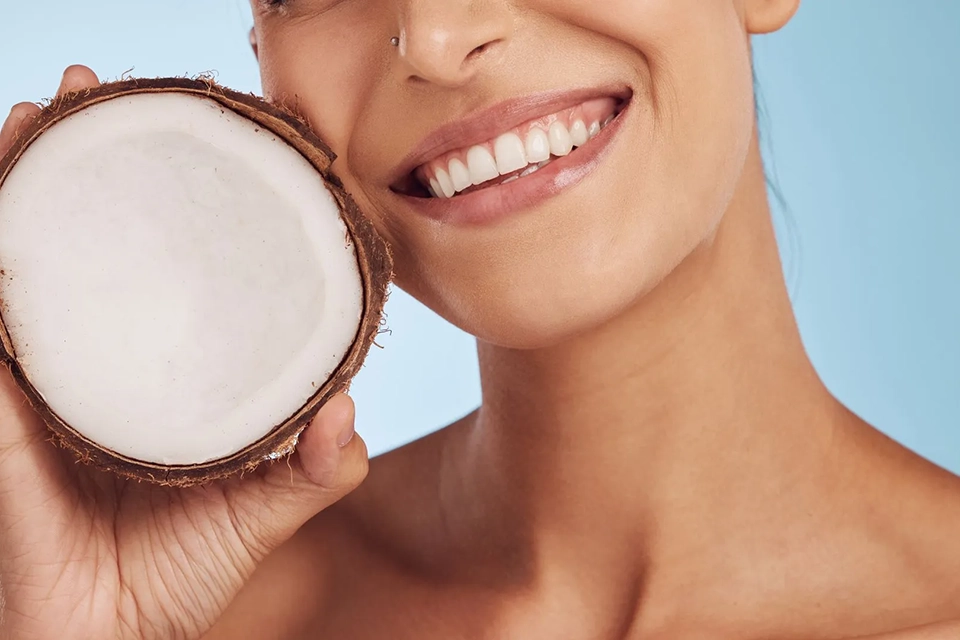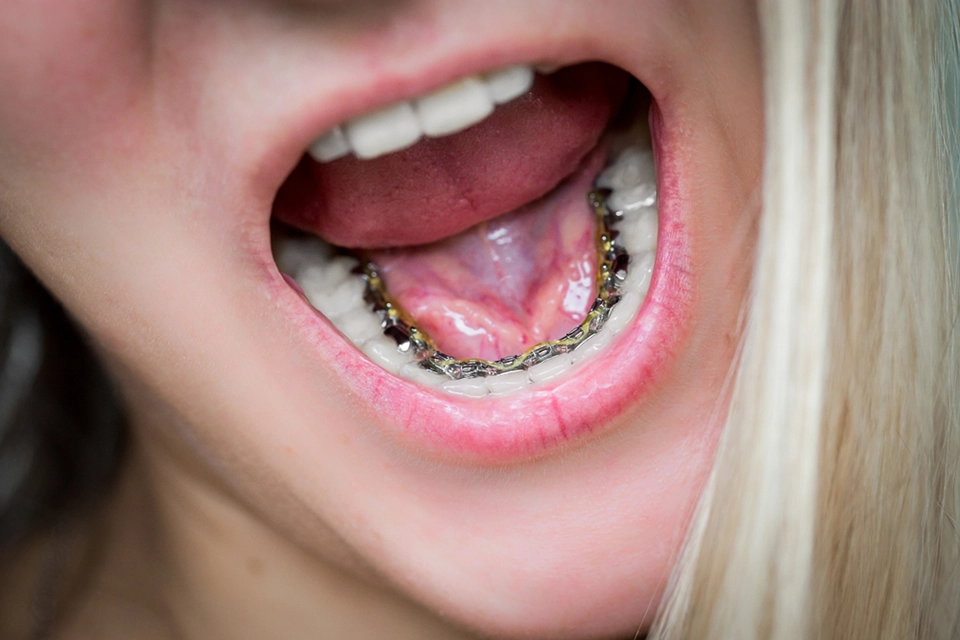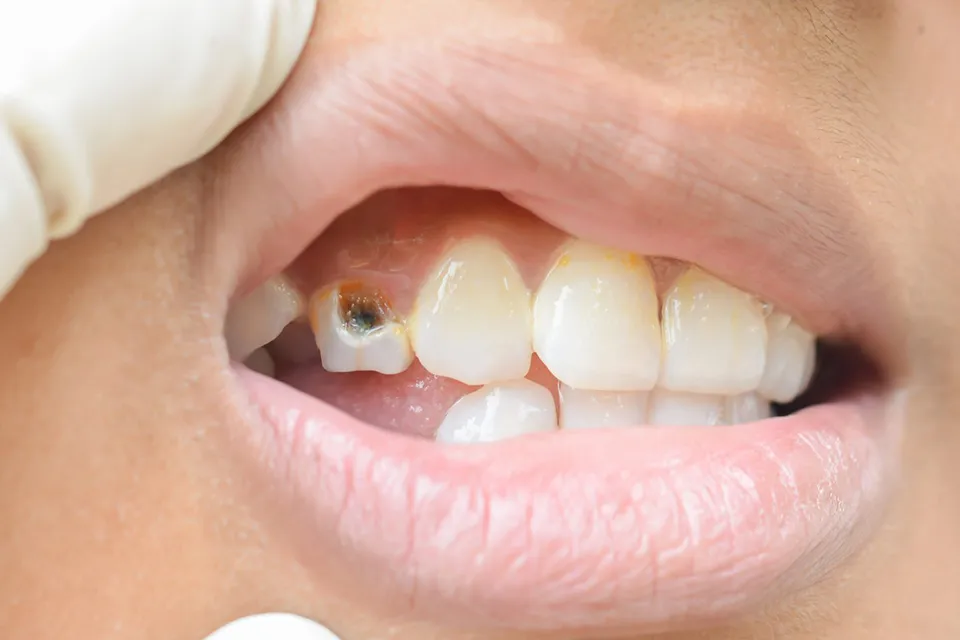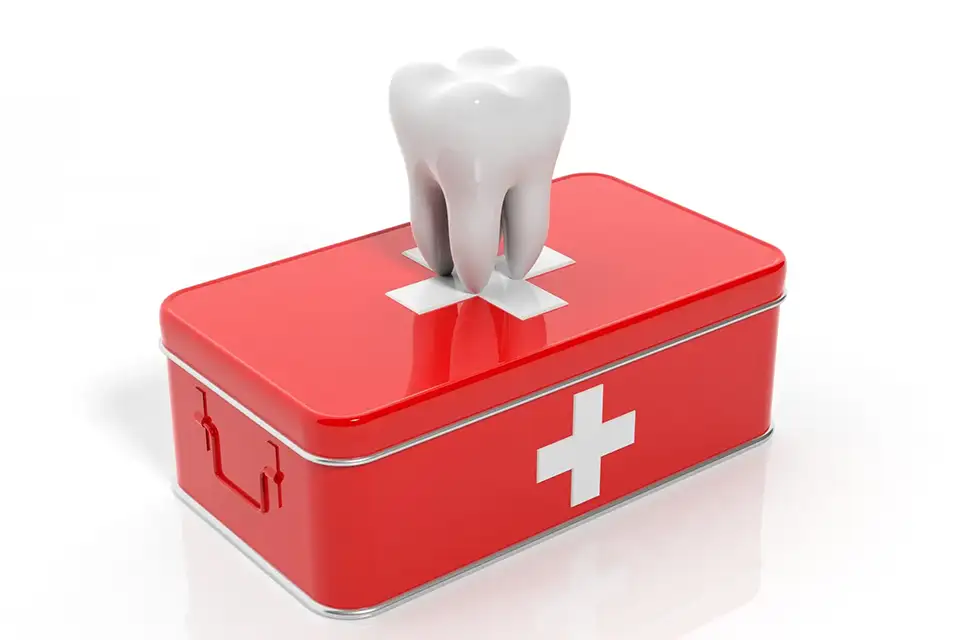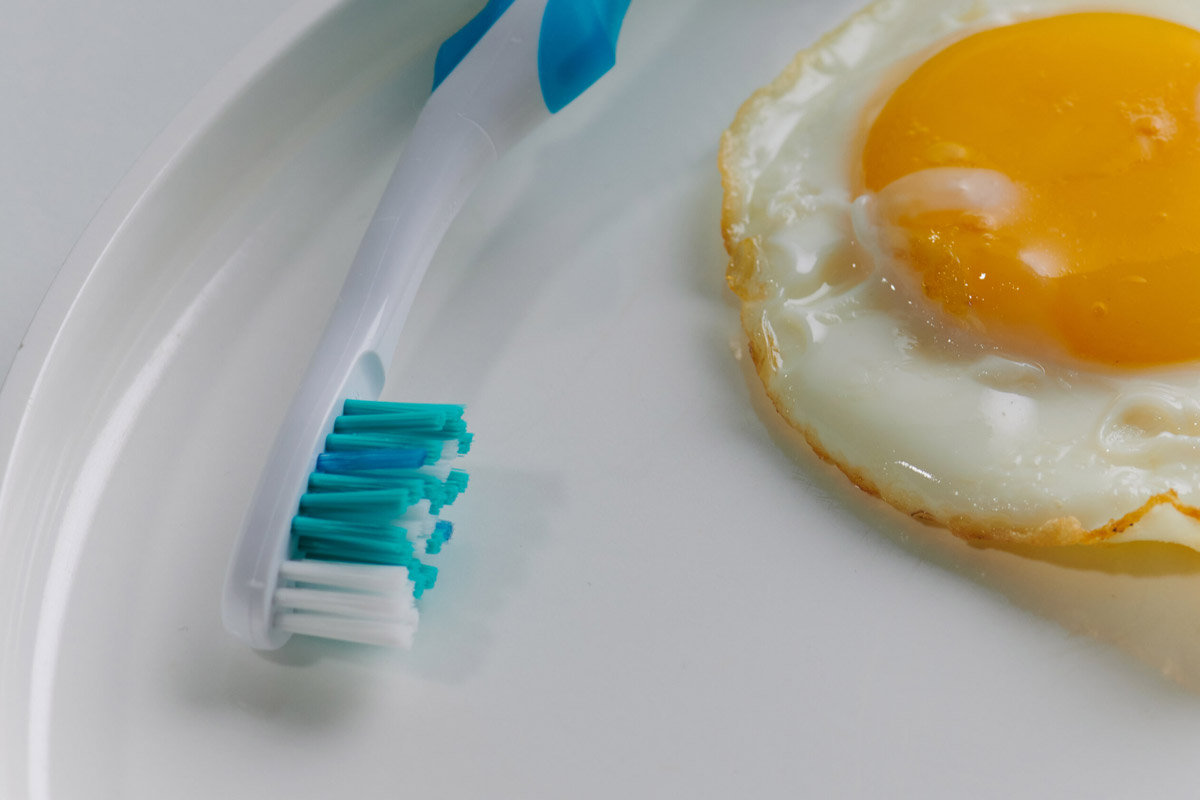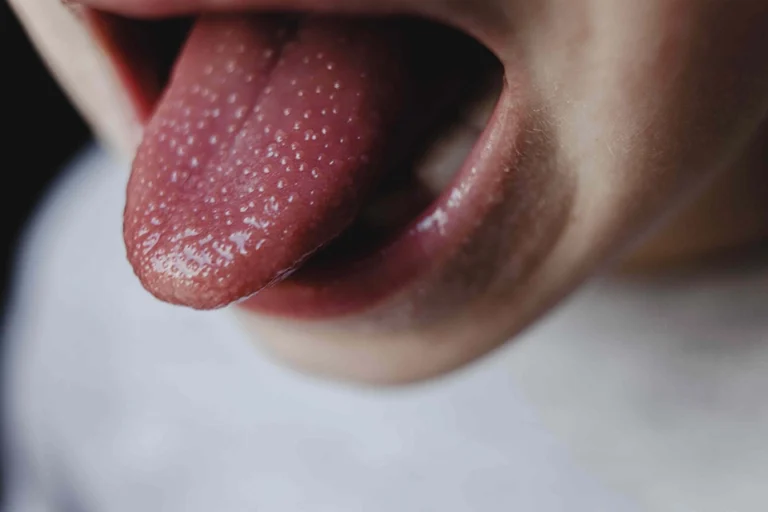There are various reasons why brushing and flossing your teeth are essential:
Prevents Tooth Decay
Brushing and flossing your teeth can help remove plaque and food debris that builds up on your teeth. Plaque, a bacterial film that sticks to teeth and can cause cavities, can damage tooth enamel. Therefore, it is possible to stop tooth decay by eliminating these particles.
Prevents Gum Disease
Gum disease affects the tissues surrounding and supporting your teeth and is an infection. If left untreated, it might result in tooth loss. You may help eliminate the bacteria that cause gum disease by brushing and flossing your teeth.
Freshens Breath
This can assist in getting rid of the bacteria and food particles that contribute to bad breath.
Enhances Overall Health
Poor dental hygiene has been related to a variety of health issues, including heart disease, diabetes, and respiratory infections. It might also help improve your overall health.
In conclusion, brushing and flossing your teeth is essential for maintaining good oral hygiene, avoiding tooth decay and gum disease, enhancing overall health, and freshening your breath.
Why Should I Avoid Brushing After Every Single Meal?
Brushing your teeth shortly after a meal may seem like a good idea, but it is not. It’s advised by dentists to wait at least 30 minutes after eating before brushing your teeth.
Here are a few reasons why:
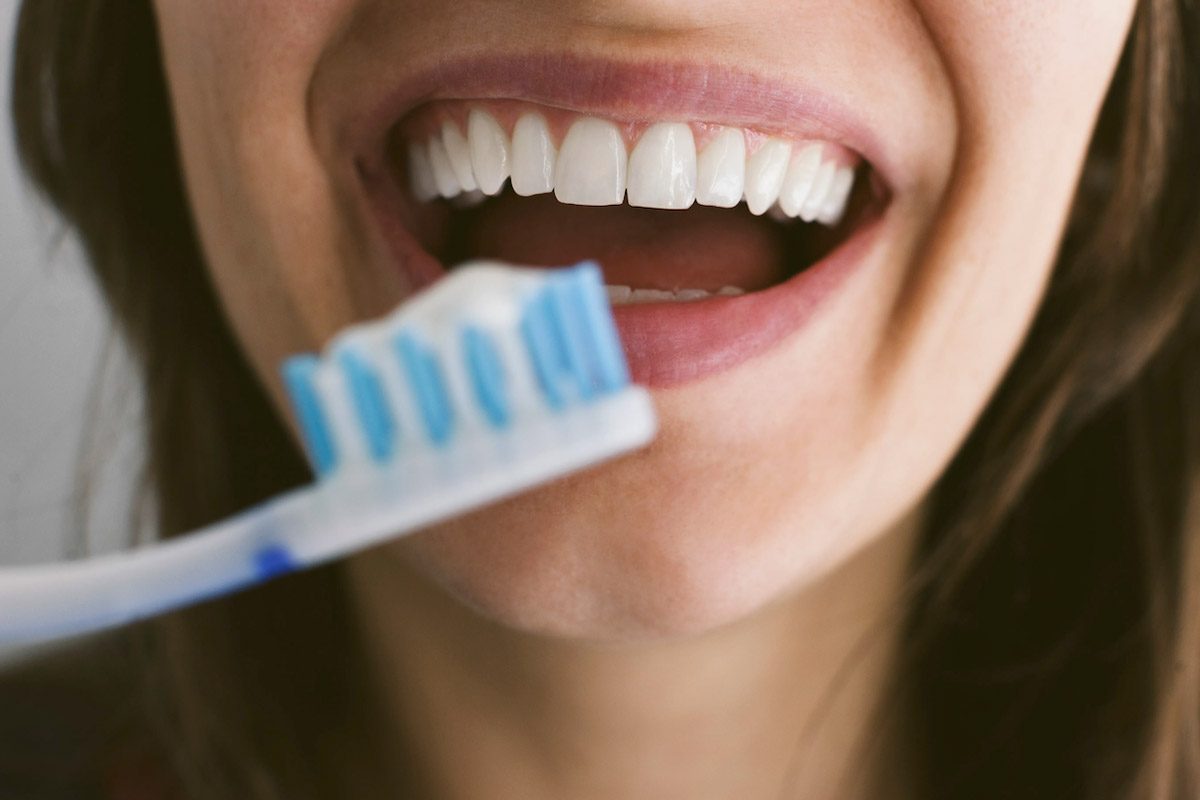
Acidic Foods
Many foods and beverages, such as citrus fruits, soda, and wine, are acidic. Your mouth gets progressively more acidic after eating these items.
Brushing your teeth right after eating acidic foods is not a good idea because it can erode the tooth enamel. In addition, the acid softens the enamel, making it more susceptible to abrasive brushing.
Enamel Erosion
Brushing your teeth too soon after eating might cause enamel erosion. Your teeth’s enamel serves as a protective covering for the dentin and pulp underneath.
Doing this too quickly after eating may result in brushing away some weakened enamel and food particles. This can eventually result in tooth sensitivity and enamel erosion.
Saliva
Saliva plays a crucial part in protecting your teeth. It aids in the neutralization of acid in the mouth and the remineralization of teeth.
Doing this to your teeth right after eating, on the other hand, may remove some saliva and food particles. As a result, your teeth may be less protected by saliva and more susceptible to decay.
Gum Irritation
This might also irritate your gums. Your mouth makes extra saliva when you eat to aid in the digestion of the food. However, doing it too soon after eating risks removing part of this saliva, which can help prevent gum irritation.
Braces
It’s crucial to wait at least 30 minutes after eating before brushing your teeth if you have braces or other orthodontic appliances.
This is due to the possibility of food particles becoming lodged in the brackets and wires and the risk of brackets becoming loose or breaking while brushing right after eating.
In conclusion, brushing your teeth is essential for maintaining proper oral hygiene, although it is advised to wait to do it right away after every meal. After eating, you should wait at least 30 minutes before brushing or flossing to protect your teeth from acid erosion, lower your risk of gum inflammation, and give your teeth time to remineralize.
Using mouthwash or simply rinsing your mouth with water after eating will also aid in removing food particles and maintaining fresh breath until it’s time to brush. Call us at Zara Dental if you live in Houston, Texas, and have any questions!

